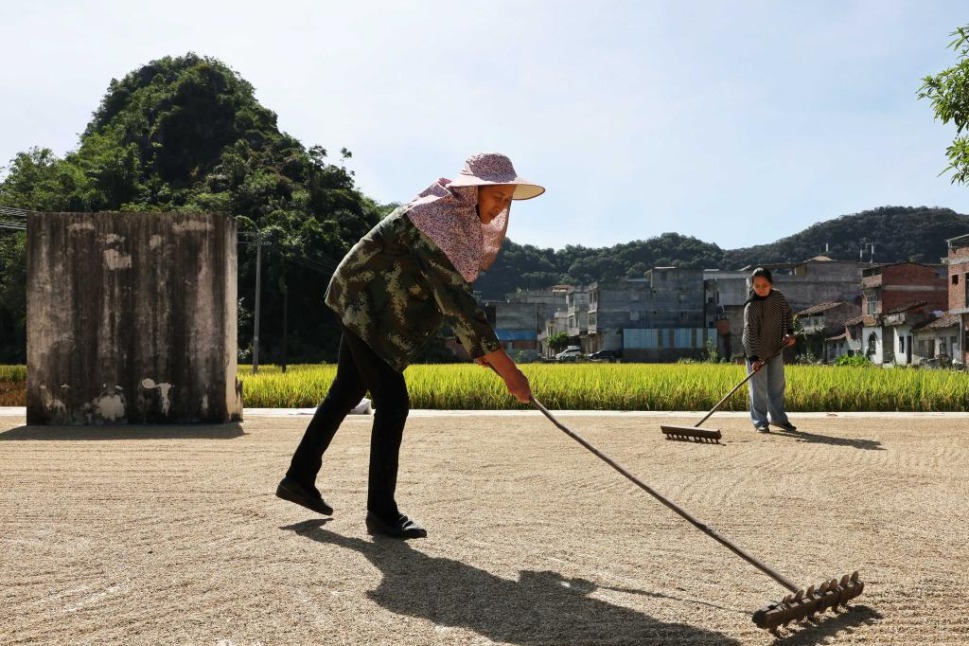China issues white paper on democratic reform, achievements in Tibet


White paper criticizes 14th Dalai Lama for attempting to maintain feudal serfdom
A white paper released Wednesday exposed the dark history of Tibet's feudal serfdom, criticizing the 14th Dalai Lama and then reactionaries in Tibet's upper class for attempting to maintain the old system.
"For centuries Tibet was ruled by feudal serfdom under theocracy. Millions of serfs were subjected to cruel exploitation and oppression until democratic reform in 1959," said the white paper, "Democratic Reform in Tibet -- Sixty Years On," released by China's State Council Information Office.
Under the system, the three major estate-holders (government officials, nobles, and upper-ranking lamas in monasteries) deprived all rights of serfs, held in their hands the serfs' life and death, monopolized land, pastures and other means of production, it said.
They also owned and enslaved serfs, exploited them with exorbitant taxes and levies, and exercised strict mind control in the name of religion, it added.
"Serfdom is the most brutal form of slavery in feudal society. It is a barbaric and backward social system in terms of economic development, political democracy or human rights protection," it read.
"By the 1950s, the very existence of feudal serfdom had violated the development trend of human history," said the white paper, noting that such a system was a stain on civilization and was destined to be eradicated by history.
"Even as they were aware that feudal serfdom under theocracy was coming to an end, the 14th Dalai Lama and the reactionaries in Tibet's upper class had no wish to conduct reform," it said.
"Instead, they tried to maintain the system for fear that reform would deprive them of their political and religious privileges, together with their huge economic benefits," it read.
- Unmanned system demonstration island in operation in Suzhou
- Beef up collaboration against global housing crisis
- Developing global AI governance framework highlighted at WLA forum
- China's AI boom sees new wave of applications
- Over 60% of China's population proficient in primary or higher digital skills
- Over 3.41m eligible for China's annual civil servant intake




































